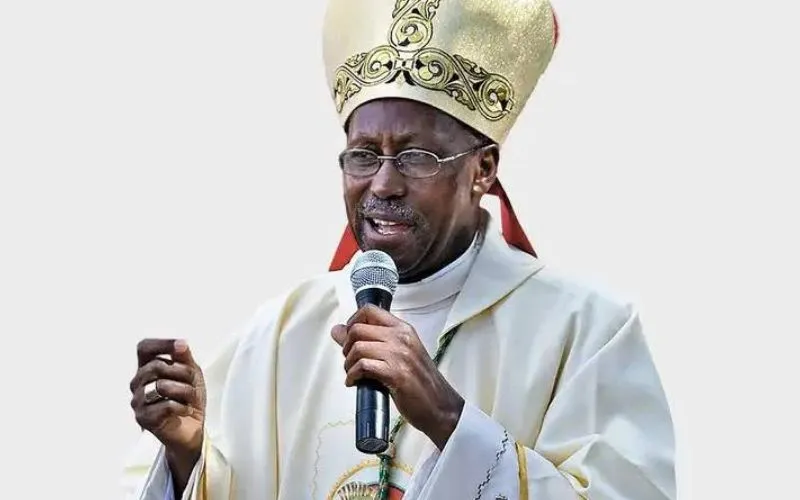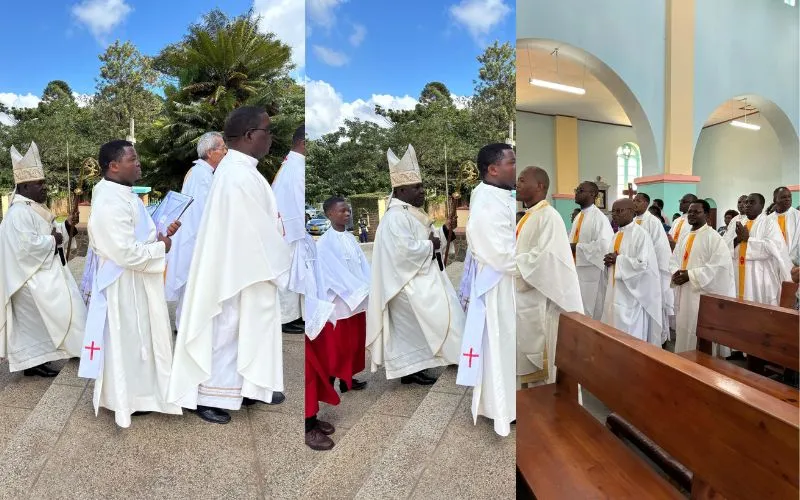Marsabit, 12 September, 2024 / 10:48 pm (ACI Africa).
The Local Ordinary of the Catholic Diocese of Marsabit in Kenya has called upon the faithful and those tasked with the implementation of development projects in support of the needy to reach out to all compassionately without discrimination.
In his homily during the thanksgiving Day of Caritas Marsabit, the development arm of the Diocese, Bishop Peter Kihara Kariuki said, “Anyone in need should feel touched by the Lord's hand, extended to them in kindness, so that they may recognize themselves as children of God's love.”
The Diocese of Marsabit serves some of Kenya’s most marginalized communities living on the fringes of Chalbi desert near the country’s border with Ethiopia.
The communities are mostly nomads in constant search for water and grass for their livestock. This makes ethnic clashes a near-daily occurrence among the communities which are also very poor.
In his Sunday, September 8 homily, Bishop Kariuki said that since the beginning, the work of helping the poor, both inside and outside the Church, has been a command of the Lord. “This applies not only to those within our immediate community but also to those who have not known God, who may not have been baptized or heard His name. If these individuals are in need, we are called to witness God’s love through our actions, just as the Lord gave Himself on the cross for all,” he said.








